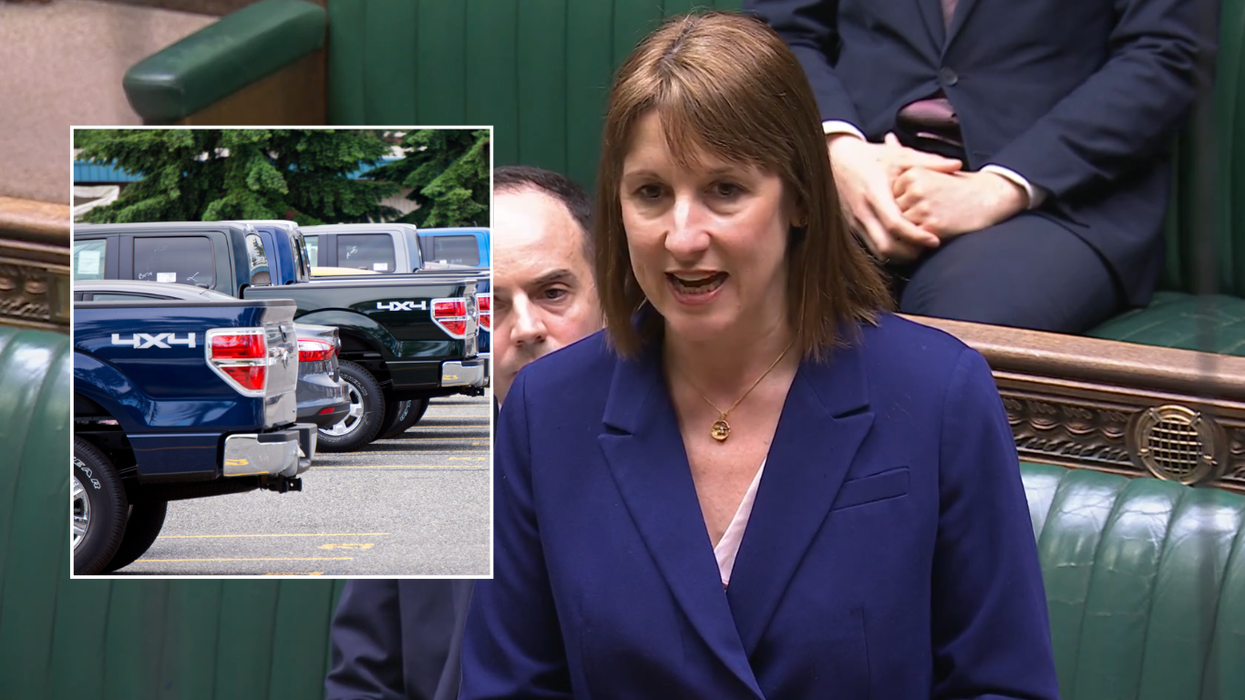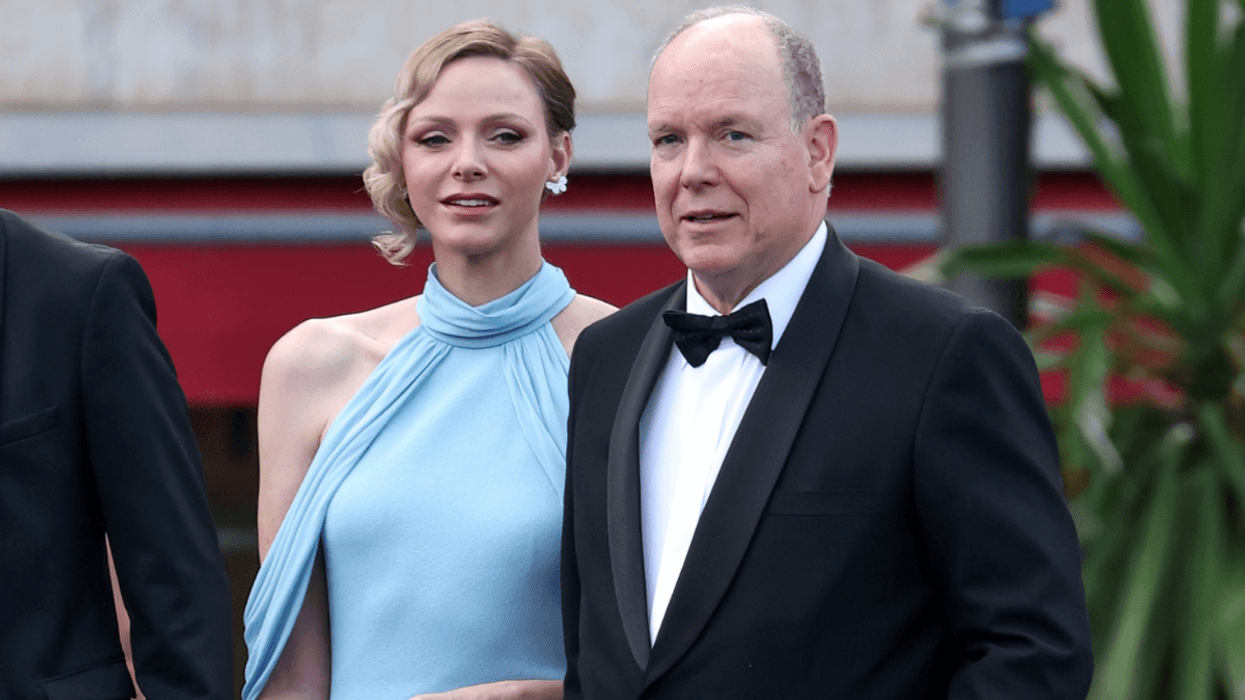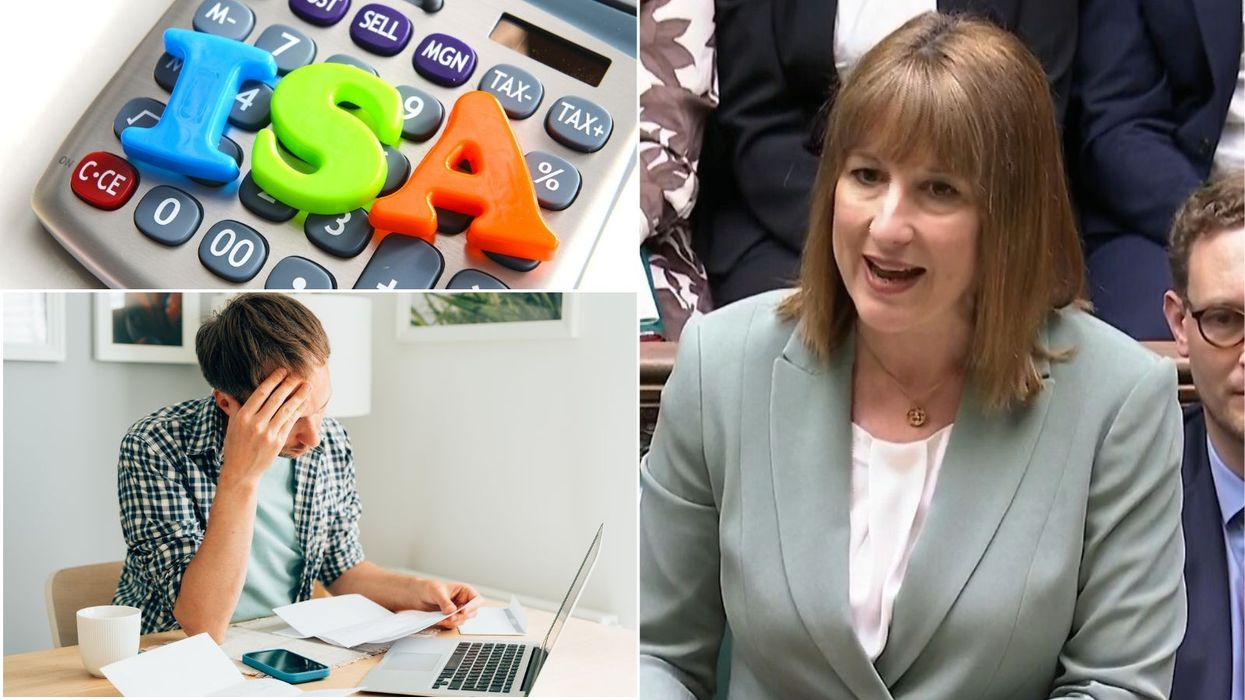Keir Starmer says there will not be another General Election in response
GB News
Tom Harwood is the Deputy Political Editor of GB News
Don't Miss
Most Read
Latest
A cabinet resignation. The loss of a Downing Street Chief of Staff. The Chancellor rewriting her CV. Concert tickets, football tickets, suits, dresses, and glasses all handed to Labour MPs by shady donors.
The list goes on. One major donor being given a Number 10 pass, only for it to be rescinded days later. Another given a plum civil service role in the Treasury. Appointments of party apparatchiks to civil service roles abound.
Twenty thousand illegal migrants. More requisitioned hotels. Mass protests from farmers. Bewildered and blindsided pensioners. Inheritance tax hikes. National insurance tax hikes.
Tax hikes on ordinary working people. Indeed by some measures the largest tax hikes in any one budget in the history of the country.
And now, abandonment of the government’s central mission: growth.
A government reset is underway, just 21 weeks into power.
Keir Starmer is calling this relaunch his Plan for Change. Instead, it would be better described as a Change of Plan.
It’s easy to see why this reset is coming. But that doesn’t make it any less painful for Sir Keir Starmer.
His ministry has faced a confluence of bad news, bad decisions, and unwelcome international events.
And could it be that the election of one Donald Trump has overturned Starmer’s flagship election ambition of achieving the fastest growth in the G7?
Labour’s growth mission was the answer to every question they were asked on how they would fund various policy commitments. We will supercharge growth, they said. We will grow faster than any country in the G7.
This week, that language has been dropped. Why? Clearly the government does not believe it will achieve the highest growth in the G7.
In the United States, Donald Trump has promised to “drill baby drill”. His energy policy, alongside wider deregulation, is likely to increase American economic output. US GDP growth is already significantly higher than European and UK levels, and it looks set to continue along that path.
While the US goes ‘all in’ on energy dominance, drilling for oil, fracking for gas, firing up nuclear power, and prodigiously laying down solar and wind farms too - the UK has chosen to end oil exploration and ban onshore natural gas extraction.
We are leaving that wealth beneath our feet, helping to ensure UK consumers pay the highest prices for energy in the Western world.
Looking to other G7 countries too - recent polling shows Justin Trudeau’s Liberal Party could collapse from first to fourth place. With the pro-growth, pro-housebuilding Conservatives are on course for a supermajority. That mandate could deliver Canada a supercharged growth rate too.
Meanwhile, at home, energy is still getting more expensive, much touted planning reform policy is still yet to materialise, and new taxes on jobs have made employing people more expensive - hurting growth prospects. And that's even according to the Office for Budget Responsibility.
So what are we left with? A British Government that, despite its election rhetoric, simply hasn’t yet had the political will to take the difficult pro-growth decisions.
Hence this week's shift in rhetoric. The Telegraph reports that Starmer will stop talking about his "growth mission" as seeking the fastest growth in the G7, to instead simply "making sure the public feels the benefits of growth”.
Part of this is that other countries - particularly the United States and Canada - are expected to perform more strongly than when Starmer made his "fastest growth" pledge.
But the other part of this is what we are doing ourselves in the UK. Taxes, particularly taxes on employment have risen.
Debt has risen, raising both inflation and, crucially, interest rate expectations - dragging down growth.
After the Budget, growth expectations as published in the OBR Blue Book, did not rise, they fell.
Looking back, it’s clear the government thinks of itself as facing a choice between growing the economy and spending more on the NHS. And it’s chosen the NHS.
Leaving aside how this is a false dichotomy for a second (economic growth itself is a means to higher NHS spending rather than an impediment to it), it is clear that this is Labour’s calculation when you look at where the growth-crushing tax rises in the budget went.
Now, even if you believe the Government’s spin of £22billion in unfunded commitments (the OBR said this was more like nine billion), and the Government changed the debt rule to allow for extra borrowing, which would have covered that in its entirety), despite all that - tax rises in the budget raised £40billion.
Now £40billion is a lot more than £22billion; it’s more than nine billion. And it’s more than the zero billion that's implied by the debt rule change if filling in this so-called black hole was the concern of the government in its tax rises.
No, this £40billion cash grab more than dwarfs any inflated ‘black hole’ calculation.
Where did it go? Largely to the NHS.
Before the election, the Labour Party committed to spending just two billion extra on the NHS.
Its manifesto pledged one billion on 40,000 more operations, scans and appointments every week, £250million on doubling the number of NHS CT and MRI scanners, £125 million on a dentistry package, £175million on mental health support for every school, and £410million on new mental health staff.
So that’s 1,960,000,000 by my count. Nothing else.
Some of us at the time questioned the Labour Party as to how transformative this two billion figure could really be, given that the NHS budget had risen by almost £50billion since 2010.
A cynic might think that the Labour Party secretly agreed.
At the budget, Rachel Reeves poured not the two billion in the manifesto but instead an extra £23billion into the NHS - more than anyone had expected.
The real budget rabbit. This came at the cost of a tax on jobs. Had the government stuck to its manifesto commitment to restrained NHS spending, national insurance wouldn’t have had to rise by over £20billion.
And that national insurance rise will hit jobs, pay, and growth.
So this is a political choice, and one that was not made this week, but instead made months ago.
Despite fighting the election denying claims of being a classic big state tax and spend party that chokes off growth, that is exactly what this reset looks set upon delivering.





































